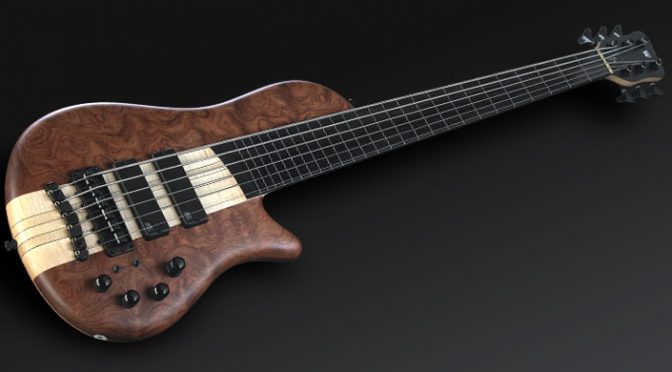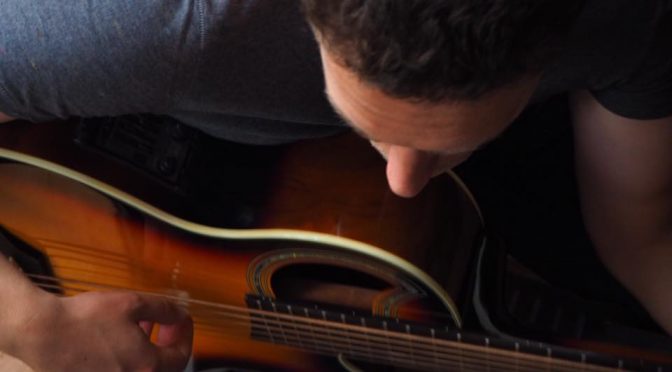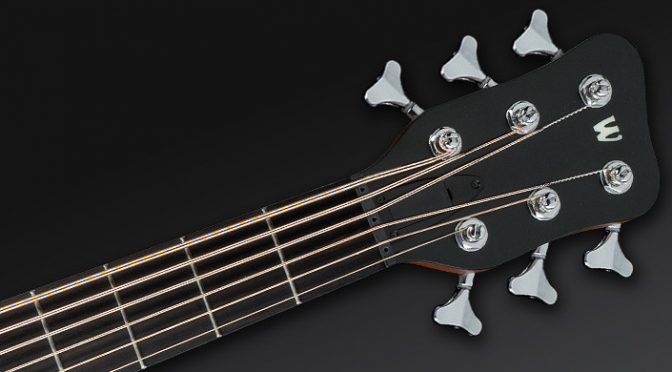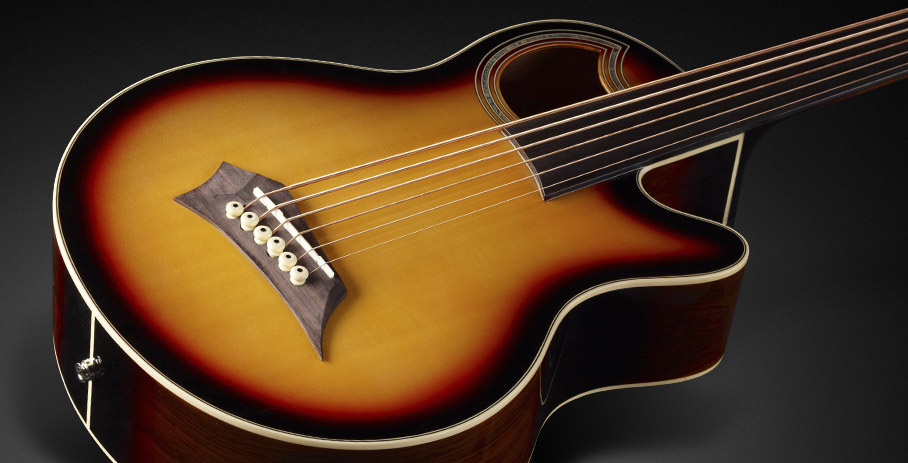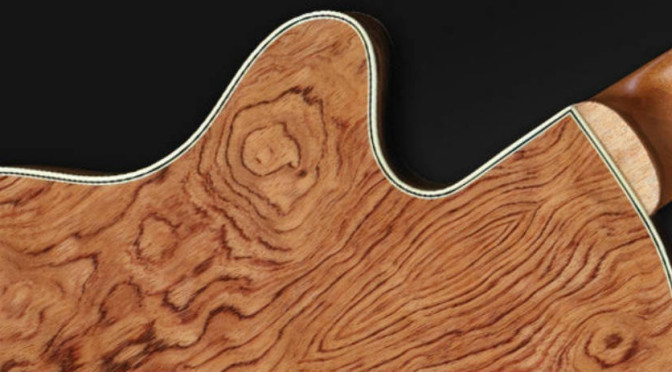Jazz on Three Basses – Fretless Bass, Double Bass & Acoustic Bass Guitar – Bass Practice Diary – 23rd October 2018
This week I’ve made a very quick video to demonstrate the bass as an instrument. Specifically, it’s potential to play more than just bass lines. So, I’ve played a jazz standard on three different basses. Two of them are fretless, two of them are acoustic, two of them have six strings and only two of them are bass guitars! Read on to find out more!
If you’ve followed my previous posts, you’ve probably realised by now that I don’t feel that bass guitars should be restricted to playing only bass lines. My instrument is the bass guitar. And the irony is not lost on me that in this video, all of the harmony is played on bass guitars except the bass line. Which I’ve played on an upright acoustic bass.
The Bass Line played on Double Bass (Upright Bass)
The reason that I’ve done this is not because I think I’m a good upright bass player. I don’t think that. I don’t have time to practice the upright nearly enough. My upright bass skills will never be better than average at best. The reason is because it’s the traditional role in jazz for the acoustic upright bass to take the bass line. And I know from years of experience, that if you try and play jazz gigs on bass guitar, acoustic bass guitar or even electric upright bass, you will very often be treated as the guy who is standing in because the band couldn’t book an acoustic double bass player.
I started to study upright bass when I was already at music college, and I did it with the aim of getting more jazz gigs. And it worked! For a while I was playing a lot of jazz gigs in London with my upright bass. But I very quickly stopped enjoying it. It’s a very difficult instrument to transport, especially when it’s impossible to park in Central London. The gigs didn’t tend to pay very much and the practice that I was having to put into the upright bass was taking away from time spent with my first instrument, the bass guitar.
So I gave up doing gigs on upright bass and I started telling people who were calling me for jazz gigs that I could do gigs on Electric Upright Bass (much smaller and more portable), but not acoustic. Needless to say, the jazz gigs dried up almost instantly.
I really enjoy playing acoustic upright bass at home, for fun. Although, I get precious little time to do it and I’m very rusty and out of practice. I’ve kept my upright bass all these years to play at home, even thought I almost never do gigs with it anymore. (I sold my electric upright).
Bass Guitars in Jazz
Do I regret my decision to stop taking gigs on acoustic upright bass? Not for a single solitary second. The upright bass is undoubtedly a beautiful instrument, but it isn’t my instrument. I’m a bass guitar player and I got to the point where I really didn’t look forward to doing gigs on upright bass. I found them to be a lot more hassle than they were worth financially.
But all this underlines the point, that as bass guitar players, we shouldn’t be aiming to take on the role of the upright bass in jazz. It’s not what jazz bands are looking for. Jazz bands that are progressive enough to want a bass guitar in the band are clearly looking for something different. Hence, the reason why I’ve played all of the harmony on bass guitars in the video apart from the bass line.
I’ve always believed that what we should strive to play is music, not just bass lines. Bass lines are an important part of music, they’re the foundation of most music. But there’s so much more music that we can also explore. And I don’t see any good reason why I shouldn’t explore all music, just because I choose to play an instrument that has the word bass in it’s name.
With that in mind, I decided to make a very short and quick demo of three basses playing a jazz tune (Solar by Miles Davis). Each bass showing a different facet of what a basses is capable of. As I’ve already described, the double bass (upright bass) is playing the bass line, the roll traditionally reserved for double bass players in jazz music.
The Acoustic Bass Guitar
The acoustic bass guitar is doing what jazz musicians term comping. Comping is basically when you use chord voicings to fill out the harmony. It’s a roll traditionally taken by piano or guitar. I’ve featured my acoustic bass guitar in a couple of recent posts. I’ve talked about how I use it as a harmonic accompanying instrument. So, rather than repeating myself, I’ll just leave these links for you to explore.
Why I Play and Acoustic Bass Guitar
Playing Jazz on Fretless Bass and Acoustic Bass Guitar
The Fretless Electric Bass
In the video the fretless electric bass is taking the rolls of melody and soloist. I suppose you could see this roll as being traditionally taken by vocalists and horn players. But, there’s actually quite a rich history of melodic bass playing in jazz. So it’s actually not that unusual to hear a bass take this role. In jazz usually everyone in the group gets a solo eventually!
Read this post to learn my thoughts about using fretless bass as a melody instrument.
Use Fretless Bass to Play Jazz Solos and Melodies

